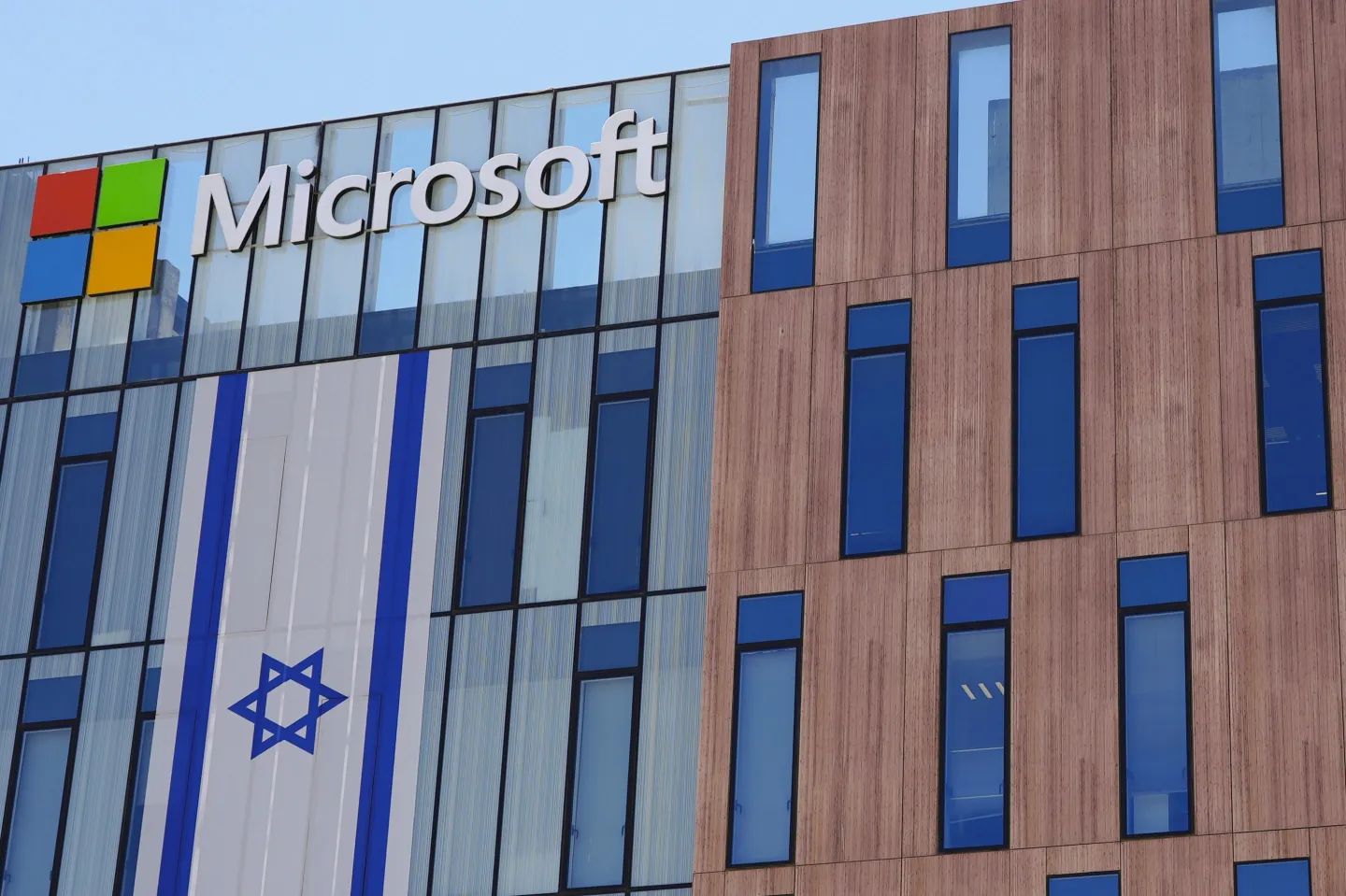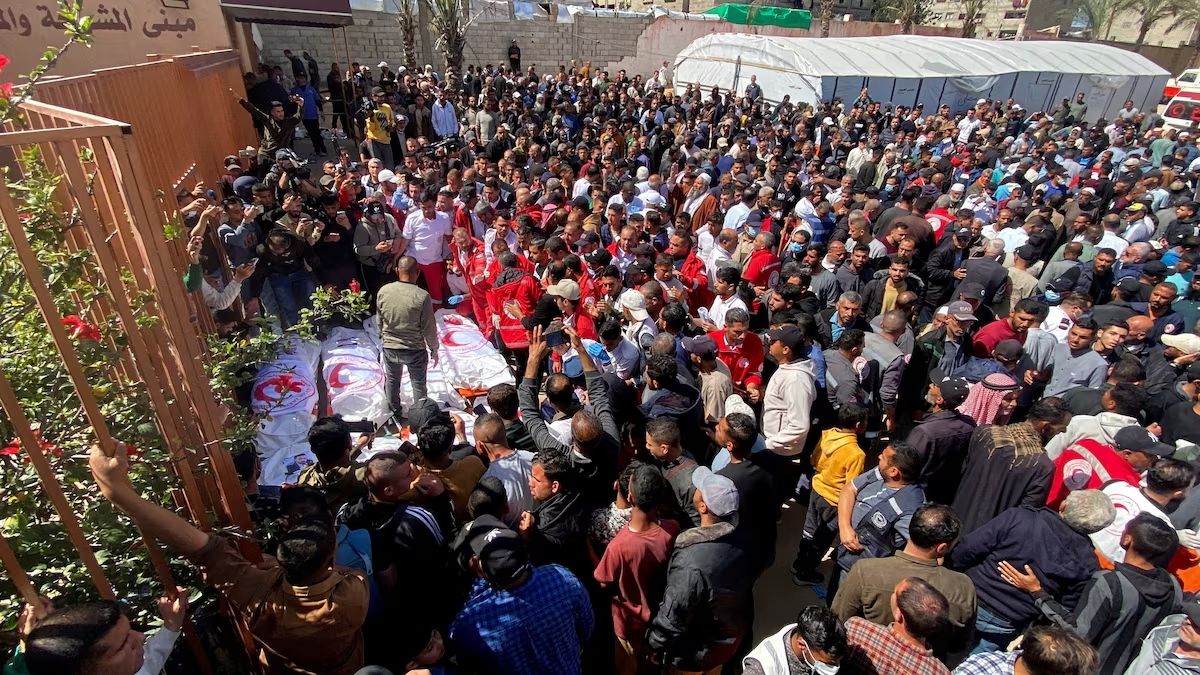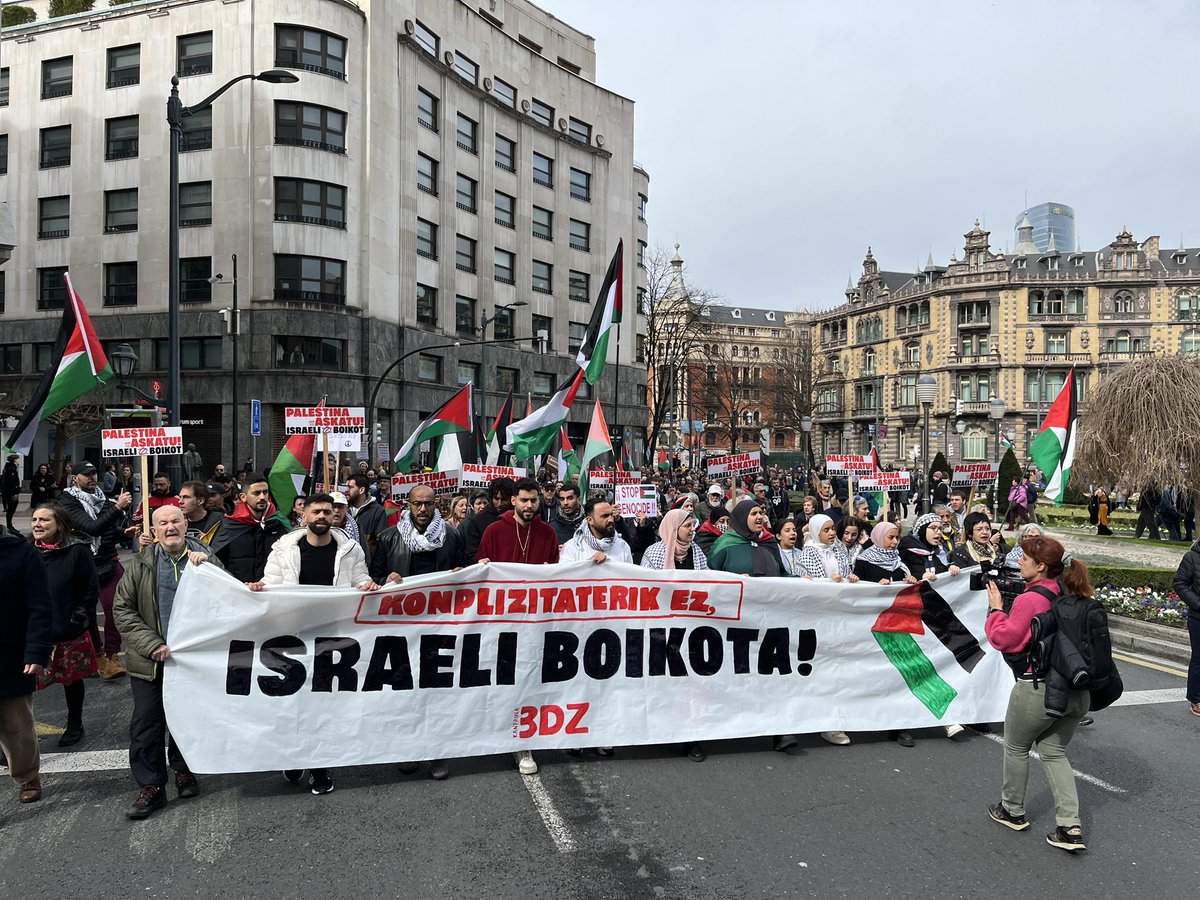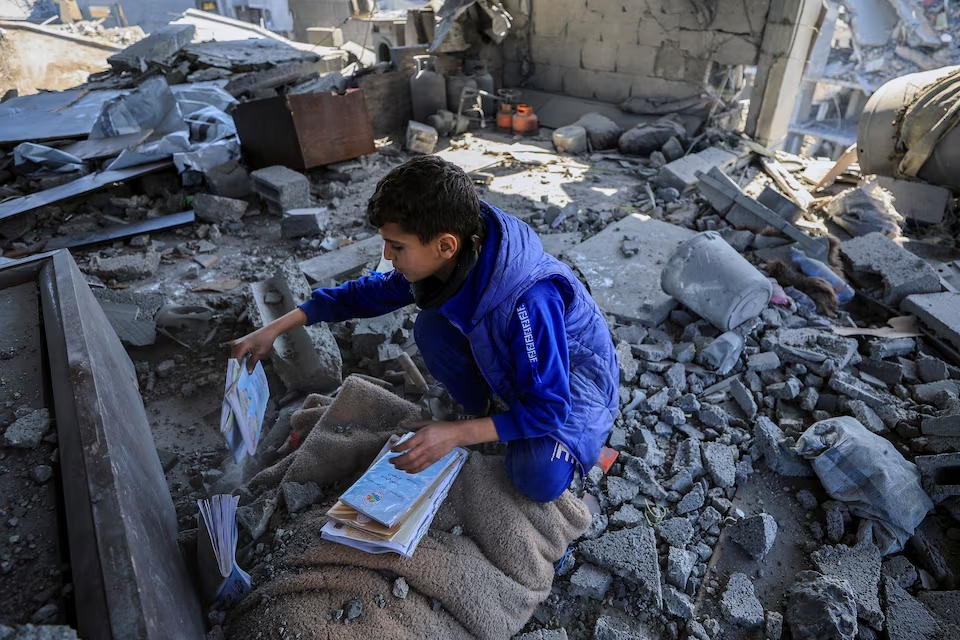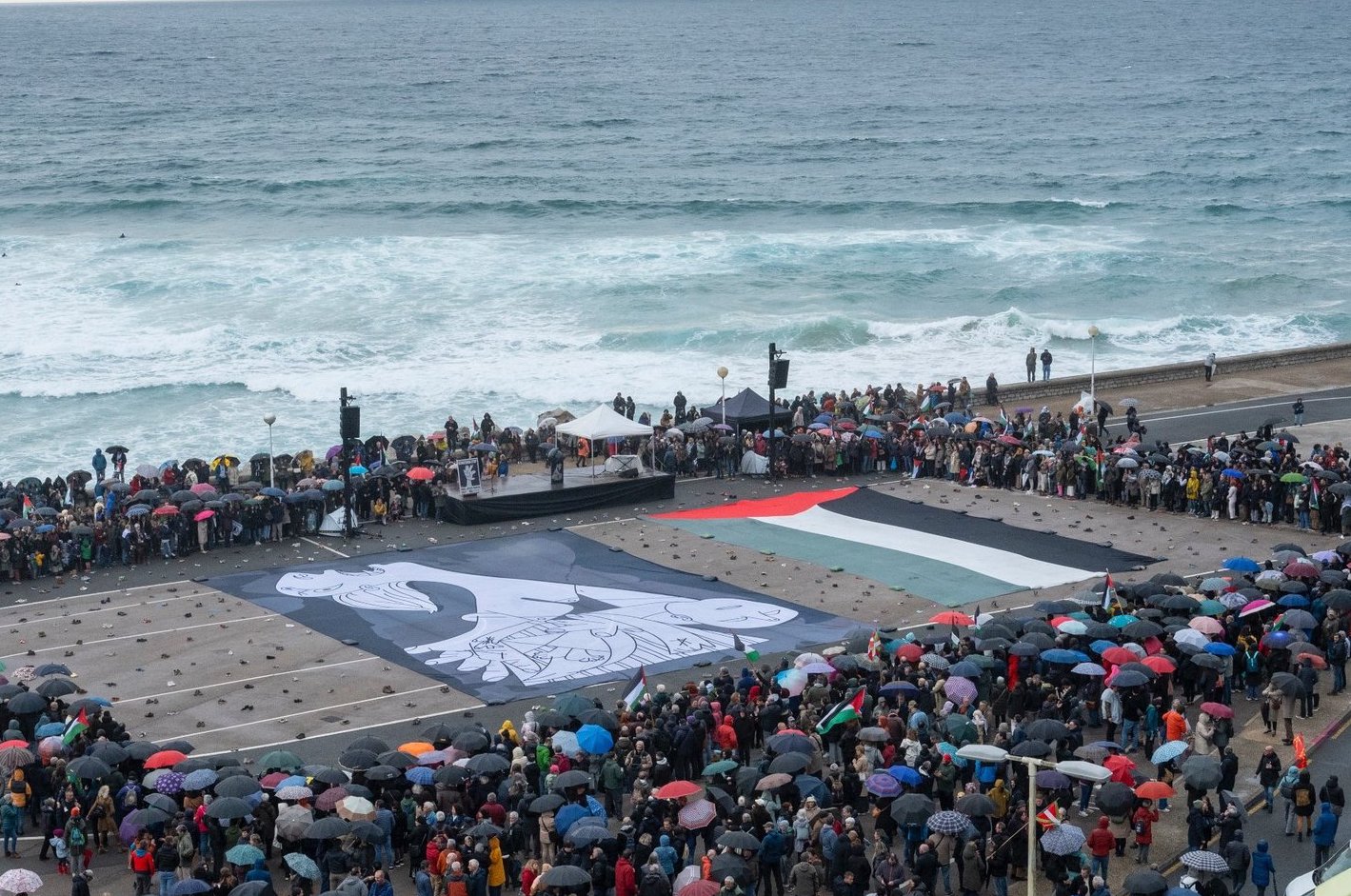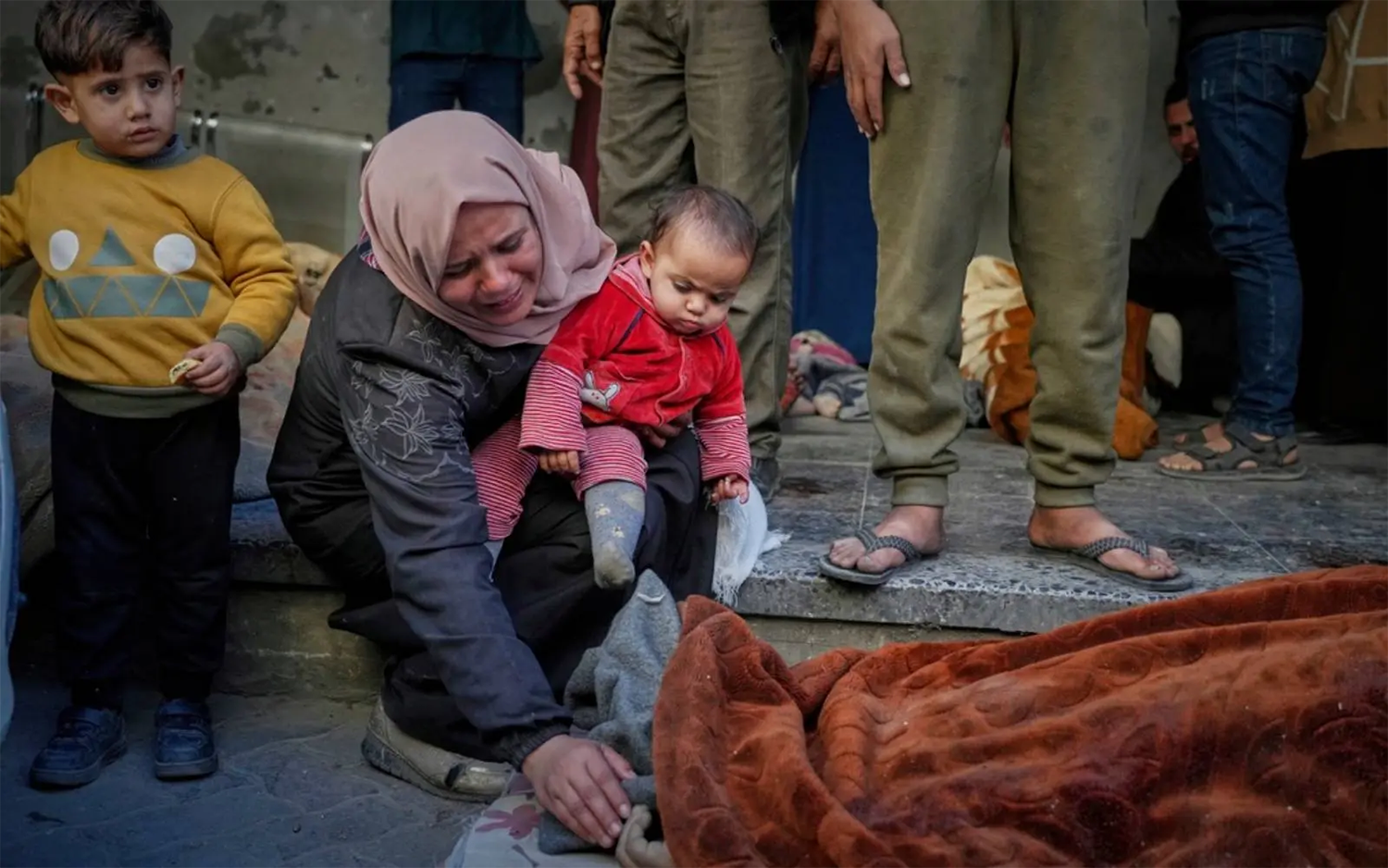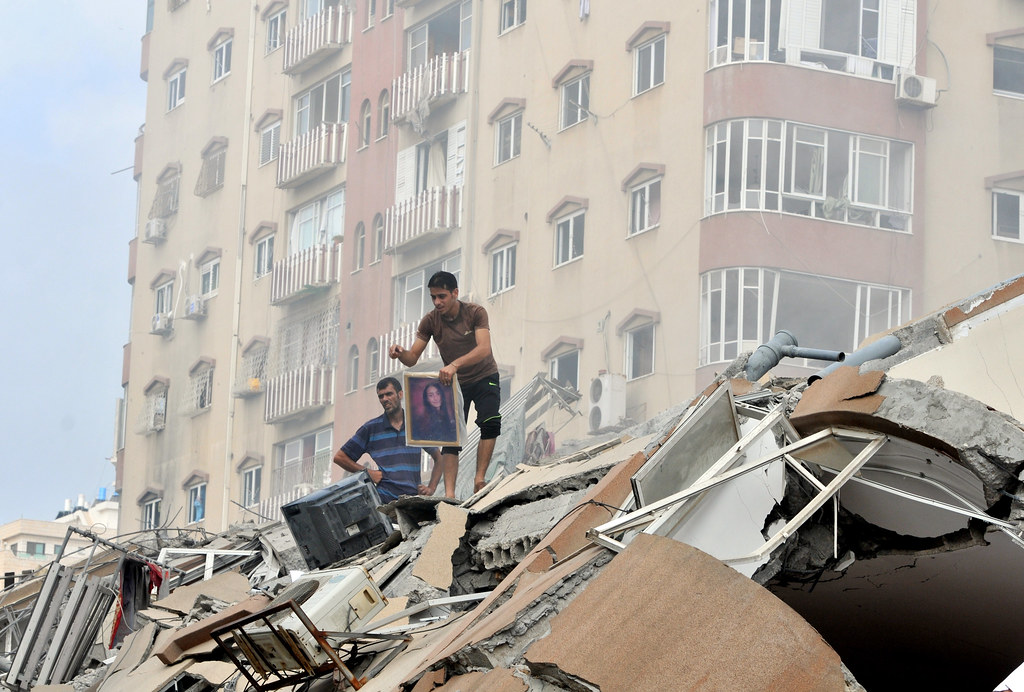The real reason for Israel to kill the leaders of Hamas and Hezbollah
- Israel’s aim of murdering the leaders of Hamas and Hezbollah is not to weaken the resistance. The intention is to restore the image of its superiority in terms of intelligence and military to Israeli public opinion.
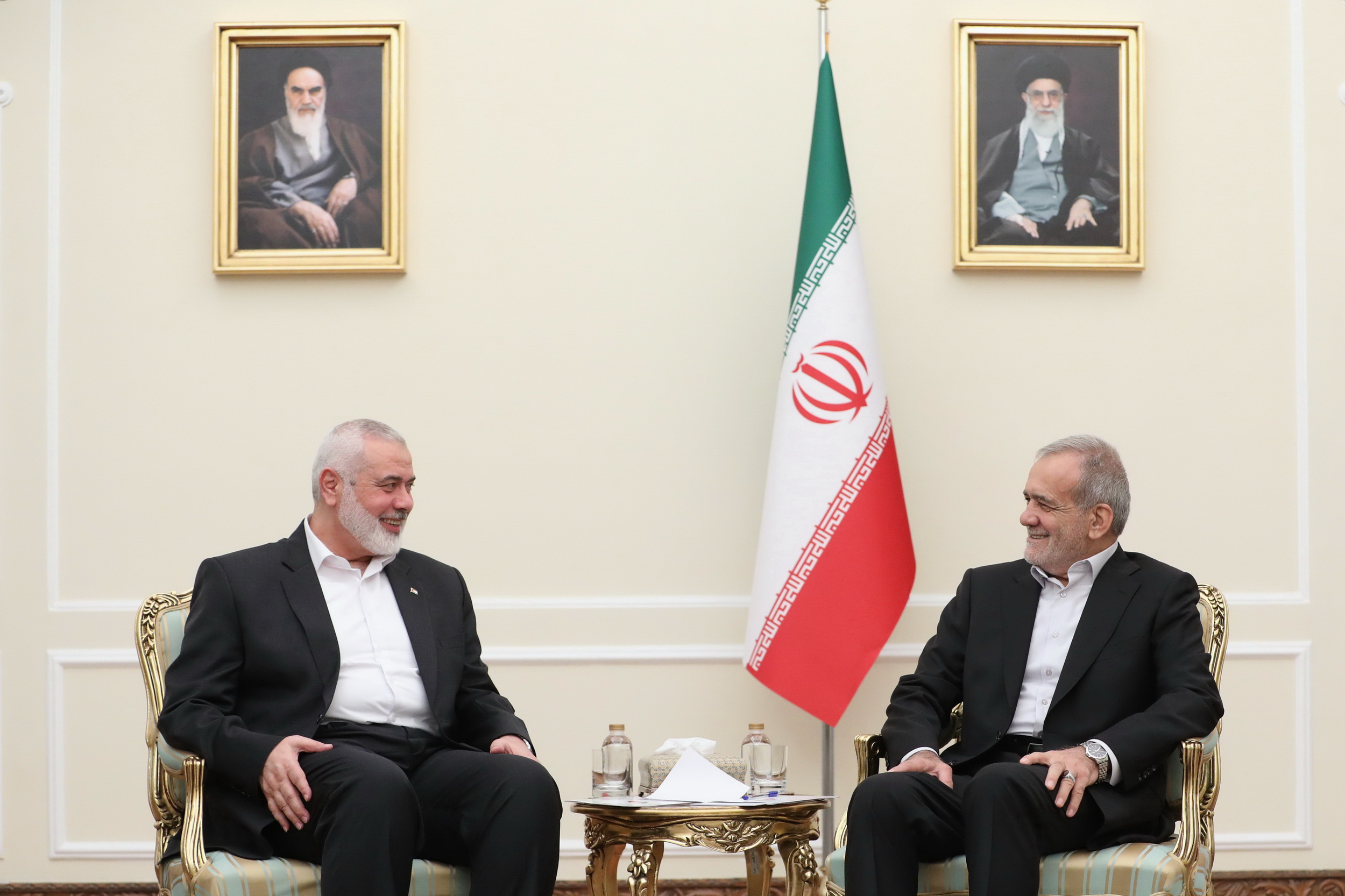
On the night of 30 July, Israel intensified its military operations and launched an attack on its enemies in Lebanon, Iran and Palestine. The Israeli Government was proud of its success when it murdered a Hezbollah commander in a populous neighbourhood in southern Beirut. At the same time, Israel launched a courageous attack in the heart of Tehran and killed Ismail Haniyeh, Hamas’ current politburo leader.
After decades of slow but steady defeat, Israel is now seeking to regain its lead by attacking both Beirut and Tehran in 24 hours.
Israel’s actions are not only a projection of force, but are also designed to increase pressure on the axis of resistance. The strategic objective is to break the unity of this coalition in order to create, using its military capabilities, the prospect of a total war, a result that Israel and Hezbollah, and by extension Iran, do not want. This calculated risk policy aims to concern the opponents, to force them to reconsider their common position and, surely, to force them to make concessions in favour of Israel.
Israel believes that the fear of a further rise will lead Hezbollah and Iran to put pressure on HAMAS to accept some of Israel’s demands in truce negotiations. Israel also trusts that any real escalation, especially that caused by its selective actions, will push the United States and its allies to offer military and diplomatic assistance. Despite the fact that Washington is not actively pursuing a major conflict, Israel hopes that the United States will not hesitate to help in the event of the situation getting worse. In other words, Israel is pursuing a policy of entanglement, with which it takes calculated risks, knowing that if things get ugly, the US army is going to make a hard effort to defend itself in another war in the Middle East.
Israel has long studied the reactions of its enemies and, above all, has seen the rapid response of the Palestinians to the announcement of the murder of Israeli military commander Muhammad to Deif HAMAS in Gaza. As a result of this communiqué, the Israeli strategic planners have concluded that a diplomatic agreement remains a priority and that these targeted killings are not likely to have overlooked this initiative.
The Israeli calculations also suggest that, despite the fact that Hezbollah and Iran can see significant escalations that force them to respond to the offensives that have taken place in Beirut or Tehran, both actors could avoid a total conflict that could lead to an open war. This conviction shows Israel ' s confidence in its ability to carry out selective actions without causing a wider regional conflict.
These maneuvers were most likely to avoid the scene in Majdal Shams. Today’s escalating operations are taking place when Israel can have strategic benefits, even though an agreement has finally been signed. By accumulating tactical successes, Israel wishes to reaffirm its upward trend in the continuing conflicts it maintains with its rivals. This approach reflects the calculated effort to strengthen its negotiating position and, at the same time, ensures that it maintains a decisive advantage in any possible confrontation. It also wants to show its resilience and willingness to fight, despite the fact that the war lasted for months and months, with signs of breakdown in Israeli society and loss of confidence in the Army. Recently, nine Israeli soldiers have been arrested for gang rape of a Palestinian prisoner accused of sexually abusing a Palestinian prisoner in Sde Teiman prison.
History and politics of Israel to assassinate Palestinian leaders
The notion of murder is deeply rooted in the history of the Arab region and hence the origin of the term itself. From the 11th to the 13th century, amid the turmoil of the Crusades, the Nazaris, known as "Hashin," used murder as a strategic tool to eliminate the leaders opposed to its cause. However, the importance of murder in the region extends beyond mere etymology. This region, for so long dominated by colonial invasion and the lack of artificially provoked unity, has become a theatre, where the conventional norms of war can be suppressed. In this context, political actors that do not align with Western hegemonic interests often become an exception that turns the authorities into legitimate objectives in ways that violate the rules defended elsewhere.
In the last century, Israel has improved its practice of selective assassinations and has usually arrested key leaders, with the aim of removing political and military figures with great influence. This strategy is not only about neutralising the immediate threats, but also about changing the composition and character of the resistance they face in the region. With these harmful interventions, Israel attempts, by extension, to develop a class authority within Palestine – and in the Arab world – that is more closely aligned with the interests of the Americans and Israelis, thus manipulating the dynamics of resistance against policies of land acquisition, ethnic cleansing and colonization.
These tactics have proved their effectiveness in dismissing the Palestinian leaders, important at the critical moments of the struggle. For example, in the previous years of Oslo, the killings of marrow figures, such as the second and third of Yasser Arafat -Abu Iyad (Salah Jalaf) and Abu Jihad (Jalil Wazir), illuminated the road to the emergency, ultimately with a more docile and personified direction of Mahmoud Abbas.
In the second intifada, Israel arrested the well-known leader of Fatah, Marwan Barghouti, and PFLP Secretary-General, Ahmad Saadat. Perhaps he poisoned Yasser Arafat and murdered Abu Ali Mustafa, military commander of the PFLP, as well as key Hamas people such as Abdul Aziz Rantisi and Hamas founder Ahmad Yassin, to ensure that he could not dominate Palestinian politics. With these operations, Israel wanted to reshape the consciousness of the class leader himself facing him. After all, if the Palestinians, the Arabs or their leaders were to withdraw from the case, there would be no reason to speak. The new leaders would not only fear for their own lives, but would also be more in favour of Israel’s aspirations and goals.
That policy has gone well in the past to Israel, but it has also had unintended consequences. Today, the disunity of the Palestinians does not depend on a coalition or political institution, but on a pragmatic buyer class, which rules in the West Bank, against more homogeneous resistance groups operating from places like Gaza. While the EAP once added a number of streams to its organisational fabric (such as the position of Mahmoud Abbas), the current organization of resistance groups has less disagreement about its strategies towards Israel. The differences between resistance are largely tactical, they are related to the choice of systems of alliances. In other words, the murder of Ismail Haniyeh does not automatically lead to a more friendly leadership, as the Haniyeh movement remains linked to the field of resistance.
Furthermore, the Israeli condemnation and the refusal to accommodate figures such as Mahmud Abbas or to create a State bantustan for the Palestinians have shaped the Palestinian conscience in order to strengthen the conviction that only resistance can produce strategic changes. This attitude is reinforced by the uselessness of negotiating with a sovereign and supremacist Israeli society. This is a society empowered by Sde Teiman in protests over the right to rape Palestinian prisoners.
The effectiveness of the killings in Israel is decreasing
Israel’s fear of peace, its commitment to maintain its superiority by force and the ironic presence of figures such as Mahmud Abbas who have allowed Israeli colonization in the West Bank without any resistance, have led the Palestinians and their resistance groups to banish any serious approach to a negotiated solution. These dynamics deepen the conviction that significant changes cannot be achieved through dialogue with a State that continues to give priority to force and hegemony over real peace initiatives.
Furthermore, the Palestinians have reformulated their resistance and institutionalized their organizational structures. The nature of these organizations has changed depending on the cult of identity or deep emotional ties with individual leaders to focus more on organizational functions and operational efficiency. The days left behind when resistance groups joined in a disorder after the loss of a key image.
Today, the resistance movements of the Palestinians and the Lebanese have adapted to reality: the murder of a leading leader can lead to a tactical claim, but not the disintegration of their operations. In many cases, these groups have shown resilience and used these facts as catalysts to strengthen and strengthen their organizational spheres. This change reflects the maturity of resistance movements, in which the focus is on sustainability and continuity, rather than on the influence of individual leaders or specific customer networks trying to influence a particular political group.
So, in addition to the immediate tactical impact, what do those killings get? In some cases they can be harmful, as was the murder of Hezbollah leader Abbas Musawi, who facilitated the rise of Hasan Nasrallah. In other cases, these actions can also facilitate the emergence of more innovative and adaptable commanders who can occupy key positions. By removing a leader, Israel can, without realizing it, create another space, many times more impressive. It is enough to observe the development of Hamas and Hezbollah to realize that, after several murders of historic times, these operations lost much of their power.
These murders strengthen the connection between political and military organisations and society in general, and it is much more difficult for a real schism to occur. Instead of weakening enemies, these tactics can involuntarily strengthen unity and determination, building a bridge between militant factions and citizenship in general. The assassination of HAMAS leaders such as Ismail Haniyeh, who left Gaza, calms the internal distension.
The real reason for the current Israeli murder policy is more to be used as a mechanism for the recovery of its society than to really change the political or military position of its rivals. The effectiveness of these tactics in destabilizing Israel ' s enemies has been drastically reduced, which shows that the objective of these operations has changed a great deal. Instead of stopping the opposition forces, these selective killings work as instruments of internal cohesion, of gathering Israeli national sentiment and of demonstrating Israel’s operational and intelligible capabilities. Furthermore, it gives Israel the opportunity to say that it has gained an advantage in the movements to master the scale of progress with its rivals.
In short, these actions are demonstrations of tactical skill, designed to assert the superiority of Israeli power, at a time when they feel that their armies and their intellectual apparatus have largely failed them by the Israelis themselves. When Israel talks about "loss of deterrence," it doesn't care so much about how its enemies perceive it, but about how it perceives itself. The rhetoric of deterrence has less to do with external threats, and even more so with the maintenance of the domestic narrative of force and invincibility, so that the image of Israeli power remains intact in the collective psyche of its society.
Gure Haurrak ere Badira ekimenak deituta, Israelek azken egunetan Gazan hildako gehienak haurrak direla salatu dute. Gobernuei eta erakundeei Israelekin harreman oro etetea ere exijitu diete, "genozidio honen aurka argi eta tinko" lerratu daitezen.
No other land dokumentalaren zuzendari Hamdan Ballal kolono sionistek jipoitu zuten astelehenean bere herrian, beste hainbat palestinarrekin batera, eta Israelgo militarrek eraman zuten atxilo ondoren. Astarte goizean askatu dute.
Asteartean menia apurtu zuenetik gutxienez 650 palestinar hil dituzte sionistek, Al Jazeeraren arabera. Netanyhauren gobernuak Shin Bet zerbitzu sekretuetako buru Ronen Bar kaleratzeko erabakia hartu du, baina Auzitegi Gorenak kaleratzea geldiarazi du.
Milaka pertsona bildu dira larunbat honetan Palestinako herriari elkartasuna adierazteko eta “Israelek Gazan egindako genozidioa” amaitzeko eta Benjamin Netanyahuren gobernuak su-etenari berriro ekiteko eskatzeko. Gernika-Palestina herri ekimenak deitu du martxa,... [+]
Palestinarekin Elkartasuna plataformak osteguna, ostiral eta larunbatean eginen ditu protestak, Israel genozida. Palestinar erresistentzia aurrera! lelopean. Gernika-Palestina-k ere manifestazio nazionala antolatu du larunbaterako Donostian. Euskal Herriko Kontseilu Sozialistak... [+]
500 palestinar hil ditu Israelek, horietatik 130 baino gehiago adin txikikoak, su etena apurtu eta bigarren egunean. “Hasiera baino ez” dela ohartarazi du Netanyahuk.
Israelek eraso masiboak abiarazi ditu berriro ere Gaza osoan: Khan Younis eta Rafan Gaza hegoaldean, Gaza Hirian iparraldean eta eta Deir el-Balah-n erdialdean. "Familiak seme-alaben gorpuzkiak eskuetan zituztela iristen ziren ospitalera", adierazi du lekuko batek.









